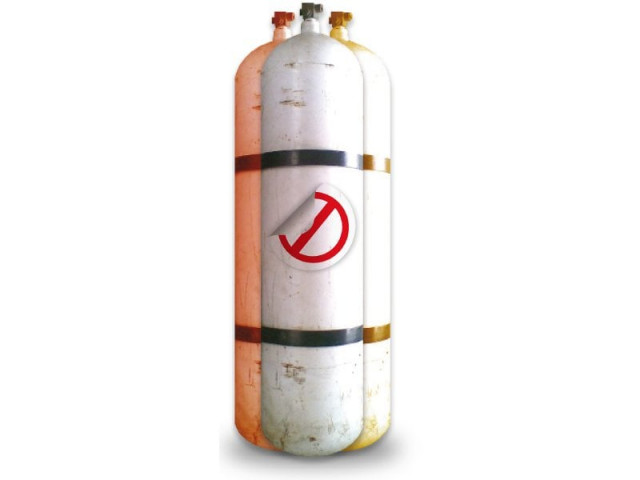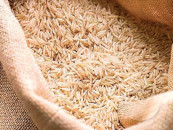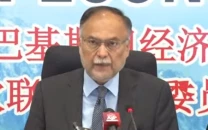CNG sector hoping new govt will lift ban on equipment imports
Says ban has hurt the car manufacturing industry.

The previous government had banned the import of CNG cylinders and kits in December 2011 to contain the expansion of the CNG sector. PHOTO: FILE
The fight has already begun: on Tuesday, a leading carmaker, along with CNG kit manufacturers, appealed to the Nawaz Sharif government that it remove a ban on the import of CNG cylinders and kits, which has been in place for over a year and a half now. The appeal comes at a time when other major gas consumers are also running campaigns to convince the new government that a maximum supply of gas be given to their respective sectors.
For the government, it will be tough to pacify all the sectors in the fray. Pakistan produces around four billion cubic feet (bcf) of gas per day, while demand is for over 6bcf.

“We are hoping that the new government will at least listen to our point of view,” Arshad Altaf, the managing director of BRC, an Italian CNG kit maker, told The Express Tribune. BRC is one the four companies that appealed to the government through an advertisement in a newspaper on Tuesday.
The previous government had banned the import of CNG cylinders and kits in December 2011 to contain the expansion of the CNG sector. Resultantly, local car assemblers were forced to stop fitting CNG cylinders and kits in new cars, which dented their sales as CNG is a cheaper and preferable fuel for the average Pakistani consumer if compared to petrol.
“We want to tell the government that the ban on CNG kits and cylinders has promoted smuggling in the country. These used and smuggled cylinders are the main cause of accidents in commercial vehicles,” Altaf added.
“We believe that the decision-makers in previous government were guided wrongly, because of which they banned the import of equipment. The move has discouraged formal industry and hence encouraged smuggling into the country,” he claimed.
Industry officials say smuggled CNG cylinders are coming into the country via Afghanistan, and are being fitted into automobiles by roadside vendors without proper government verification.
Local carmakers and CNG kit makers claim that there no incident has been reported in the country in which a factory-fitted equipment caused an accident. They claim that they follow stringent safety standards, unlike roadside vendors, which is why their products are safe.
“The ban has badly affected carmakers in the formal sector. We pay taxes, unlike the informal sector that has benefited from the government ban,” a spokesperson of the Pak Suzuki Company said when contacted.
Pak Suzuki has been one of the worst-affected players among the three carmakers in the country, largely because it produces smaller, economical cars whose sales took a hit when the company stopped fitting CNG cylinders and kits in new vehicles.
Carmakers say that the formal sector consumes only 2.2% of total daily gas production in the 700,000 CNG-fuelled vehicles that were produced and marketed in the last 12 years. They instead point a finger at the public transportation industry, claiming that the bulk of gas is being used in buses, mini buses and trucks, which have been converted to CNG using unverified cylinders and kits.
Some experts say the usage of gas in the CNG sector is between 9-10% of total national production, but it hit a peak of 15% a year ago. It was only contained when the government started its weekly load management plan and shut down CNG stations for two to three days a week; otherwise, it had been the fastest growing gas-consuming sector in the country.
Published in The Express Tribune, June 26th, 2013.
Like Business on Facebook, follow @TribuneBiz on Twitter to stay informed and join in the conversation.



















COMMENTS
Comments are moderated and generally will be posted if they are on-topic and not abusive.
For more information, please see our Comments FAQ